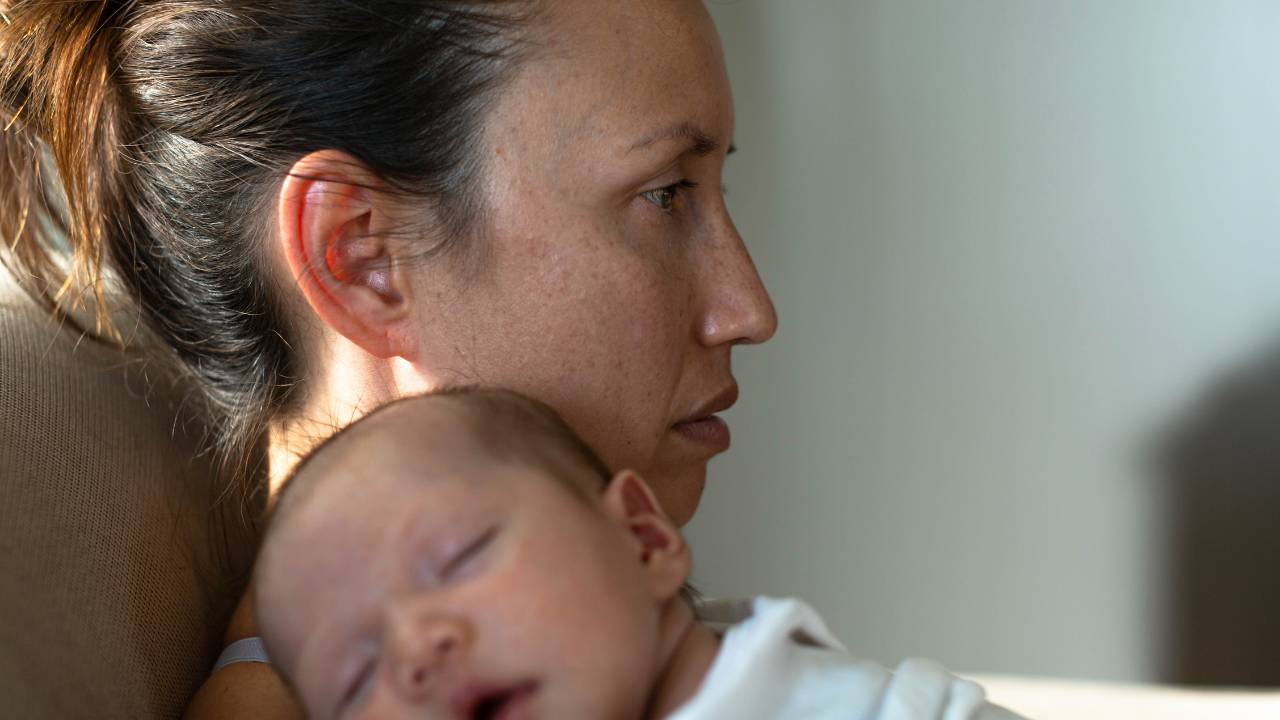Inflammation in Pregnancy and Postpartum
Oct 09, 2025
When people hear the word inflammation, they often think of swelling, redness, or heat after an injury. But not all inflammation is visible. In pregnancy, it’s not only normal — it’s essential.
A healthy pregnancy involves mild systemic inflammation — a carefully regulated state that allows the body to support a growing baby. It softens ligaments, builds breast tissue, increases blood vessels to the placenta, and prepares the immune system not to reject the fetus. It’s part of the body’s natural preparation for birth and breastfeeding.
Think of it this way: if your body were a city, inflammation would be the power tools and earth-moving equipment used for upgrades and essential maintenance. The messengers? Cytokines — chemical signals that guide repair, restructuring, and growth.
But like any construction crew, problems arise when there’s too much or too little activity:
- Too little inflammation can impair placental development and raise miscarriage risk.
- Too much may contribute to complications like pre-eclampsia, preterm labour, or restricted fetal growth.
There is a sweet spot, or Goldilocks zone, of inflammation during pregnancy.
And here’s where it becomes especially relevant postpartum:
If a mother is already inflamed—due to poor diet, stress, gut dysfunction, hormone imbalance, or autoimmunity—pregnancy can tip the balance even further, increasing biological stress and nutrient loss. This lays the groundwork for postnatal depletion.
Symptoms can be vague:
- Brain fog
- Fatigue
- Sluggish metabolism
- Digestive issues
- Emotional volatility
- Nutrient malabsorption
- Weight retention
Below are some of the most common inflammatory issues (including autoimmune diagnoses) I see linked to postnatal depletion.
Common inflammation-driven conditions postpartum:
- Hashimoto’s thyroiditis
- Postpartum thyroid dysfunction
- Inhalant allergies (e.g. asthma, hay fever)
- Irritable Bowel Syndrome (IBS)
- Inflammatory Bowel Disease (IBD)
- Rheumatoid arthritis
- Non specific joint pain and stiffness
- Food sensitivities
- Non specific itchy skin and rashes
For example, nearly 1 in 6 Australian women develop thyroid issues postpartum. And those affected have a 50% chance of developing hypothyroidism in the next 7 years. That’s a huge number — but I don’t hear people referring to it much.
When your thyroid is under-functioning, you’re not just tired — you may be unable to get out of bed. There’s no energy to spare.
Without intervention, this type of depletion can persist for years.
That’s why assessing and addressing inflammatory drivers is one of the cornerstones of how I approach maternal health in clinic.
I explore this further in my book The Postnatal Depletion Cure.
Stay connected with news and updates on Motherhood.
Join Dr Oscar Serrallach's mailing list:
Unsubscribe anytime.




